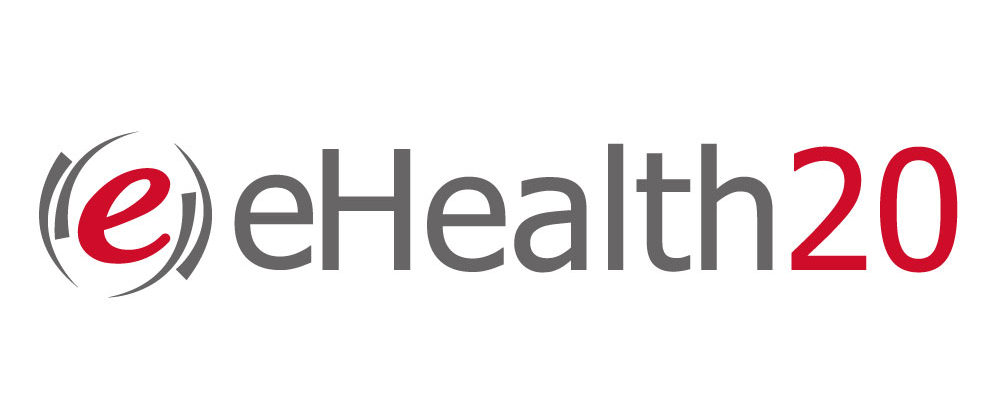Medicare Supplement
We Simplify It For You And Make Health Insurance Very Affordable
Medigap is Medicare Supplement Insurance that helps fill “gaps” in Original Medicare and is sold by private companies. Original Medicare pays for much, but not all, of the cost for covered health care services and supplies






Medicare Advantage vs. Medicare Supplement
Medicare Supplement insurance plans work with Original Medicare, Part A and Part B, and may help pay for certain costs that Original Medicare doesn’t cover. These plans don’t provide stand-alone coverage; you need to remain enrolled in Part A and Part B for your hospital and medical coverage. If you need prescription drug coverage, you’d need to enroll in a stand-alone Medicare Prescription Drug Plan.
When you buy a Medicare Supplement insurance plan, you are still enrolled in Original Medicare, Part A and Part B. Medicare pays for your health-care bills primarily, while the Medigap plan simply covers certain cost-sharing expenses required by Medicare, such as copayments or deductibles. In addition, Medigap insurance plans may help with other costs that Original Medicare doesn’t cover, such as Medicare Part B excess charges or emergency medical coverage when you’re traveling outside of the country. Keep in mind that Medicare Supplement insurance plans can only be used to pay for Original Medicare costs; they can’t be used with Medicare Advantage plans.
In contrast, Medicare Advantage plans are an alternative to Original Medicare. If you enroll in a Medicare Advantage plan, you’re still in the Medicare program. However, you’ll get your Medicare benefits through your Medicare Advantage plan, instead of through the federally administered program, and the Medicare Advantage plan replaces your Original Medicare coverage.
To enroll in a Medicare Advantage plan, you must:
- Have Original Medicare, Part A and Part B.
- Live in the service area of the Medicare Advantage plan you’re considering.
- Not have end-stage renal disease (with some exceptions).
Medicare Advantage plans must provide the same level of coverage as Original Medicare, with the exception of hospice care (which is still covered by Part A). Some plans may also cover additional benefits that Original Medicare doesn’t cover, such as routine vision and/or dental, health wellness programs, and prescription drugs.
General Questions
Medicare Supplement and Medigap are different names for the same type of health insurance plan – you can use either name. To explain the terms themselves, you can think of “Medigap” as a plan that fills in some of the “gaps” for benefits that Original Medicare (Part A and Part B) doesn’t cover.
So yes, then you need a Medicare supplement or Medicare Advantage plan. A Medigap plan or Medicare Advantage plan is a wise investment to protect you from catastrophic medical spending. Regardless of your current financial situation, there is sure to be a plan that will fit your budget and medical needs.
While Original Medicare (Part A and Part B) covers many health-care expenses, it doesn’t cover everything. … In addition, Medicare Part A and Part B also don’t cover certain benefits, such as routine vision and dental, prescription drugs, or overseas emergency health coverage.
A Medicare Supplement insurance plan may not deny coverage because of a pre-existing condition. However, a Medicare Supplement plan may deny you coverage for being under 65. A health problem you had diagnosed or treated before enrolling in a Medicare Supplement plan is a pre-existing condition.
The average cost of supplemental insurance for Medicare can be anywhere between $50-$300 in monthly premiums. The benefits of a Medigap plan are always the same no matter what company underwrites the policy.
What is the most popular Medicare supplement plan? The best Medigap plans in 2020 are still Plan F and Plan G. While Plan F has long been the most popular, Plan G is gaining steam in 2020 since Plan F is no longer available to new enrollees.
AARP Medicare Supplement Plans are ideal for those whose Medicare Part A and B plans are inadequate. … Your AARP Supplement Plan will have the same benefits as a Medicare Supplement Plan from any company. AARP Medicare Supplement Plans receive additional support through At Your Best, a program from UnitedHealthcare.
- Understand your coverage needs and budget.
- Sign up during the Medigap Open Enrollment Period.
- Explore any potential discounts.
- Know when you may have guaranteed-issue rights.
A Medicare Supplement insurance plan may not deny coverage because of a pre-existing condition. However, a Medicare Supplement plan may deny you coverage for being under 65. A health problem you had diagnosed or treated before enrolling in a Medicare Supplement plan is a pre-existing condition.
Are Medicare supplements worth it? … However, going with just Original Medicare and no supplemental coverage is not wise. The gaps in Medicare are substantial, leaving you to pay for expensive deductibles and 20% of all your outpatient coverage.
Learn about Medicare Supplement or Medigap
Medigap Plans, also called Medicare supplement insurance plans, are designed to help pay some costs not paid by Original Medicare, Parts A & B. Watch and learn more about Medigap plans.

Medicare Supplement vs Medicare Advantage Plan
If you are choosing between a Medicare Supplement and a Medicare Advantage plan, it’s important to remember that you can’t choose both. The biggest difference between both plans is network and cost. This video will walk you through the benefits of both plans to help you find the one that is best for you.
If you’re content with Original Medicare, Part A and Part B, and you don’t need prescription drug coverage now, and you don’t want to add Medicare Supplement insurance–then you don’t have to make any coverage changes now.
There is no ceiling on out-of-pocket costs. As a result, 90 percent of Medicare beneficiaries obtain supplemental coverage to help pay Medicare’s high cost-sharing.
You can cancel the plan anytime as long as you notify your health insurance company in writing. … During your Medicare Supplement Open Enrollment Period you may be able to buy a plan, change your mind, cancel that plan, and buy another one.
Plan G offers very good coverage with lower premiums than that of Plan F. … Part G offers significant saving options for seniors and our dedicated or friendly team is standing by to calculate if Plan G or Plan F is the most cost effective and beneficial for you.
You may also buy a Medigap policy at other times, but the insurance company can deny you a Medigap policy based on your health. … for these pre–existing health problems for up to 6 months (called the “pre–existing condition waiting period”). After these 6 months, the Medigap policy will cover your pre–existing condition.
we will assist you 24/7
Quick Contact
Make a beautiful website
It has never been easier to create pages and websites on WordPress
- 215-690-5006
- 646-331-4213
- students.med.insurance@gmail.com
